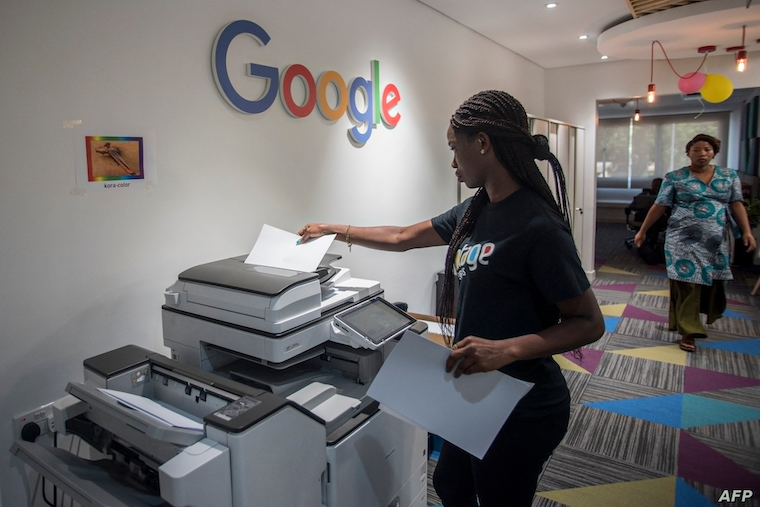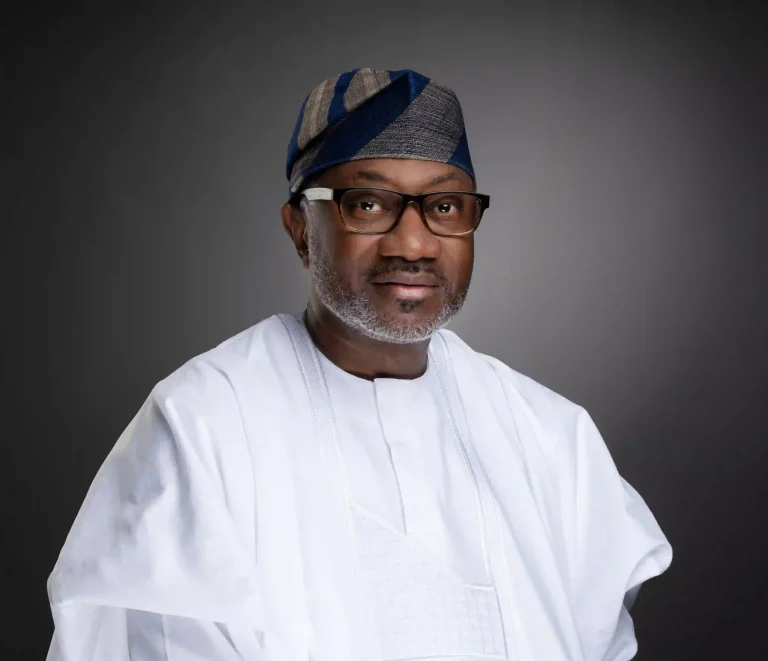
Artificial intelligence (AI) is rapidly transforming the global workforce. Africa is no exception.
From Luanda to Lagos, Nairobi to Nouakchott, Cairo to Cape Town, automation and AI technologies are reshaping how people work, learn and earn. The promise of increased productivity and innovation is real but so are concerns around the challenges of technology-induced job displacements, skills mismatch and unequal access to digital infrastructure.
AUTOMATION AND THE CHANGING JOB LANDSCAPE
The introduction of AI into the workplace is likely to be one of the most profound shifts of the 21st century. According to the World Economic Forum’s Future of Jobs Report 2023, 44 per cent of workers’ core skills are expected to change by 2027.
The report suggests that AIwill disrupt nearly a quarter of all jobs globally. However, AI will not just replace jobs; it will also create new ones, particularly in data science, AI ethics, cybersecurity and human-machine collaboration.
It could be argued that we are entering a new era of “human- machine partnership,” where AI handles routine and repetitive tasks and humans concentrate on creativity, empathy and strategic thinking.
According to AI and the Future of Work in Africa, a 2024 joint White Paper by the African Union Development Agency-New Partnership for African Development (AUDA-NEPAD), University of Pretoria, Lelapa AI, Oxford University and Microsoft Research, up to 41 per cent of African jobs could be affected by automation, particularly in manufacturing, retail and transport.
While this will lead to loss of some jobs, it does not mean that mass unemployment is inevitable. However, it signals a shift in the types of skills that will be in demand. At the same time, it is argued that AI is likely to create more jobs than it will eliminate.
These projections, while optimistic, are conditional. They depend on bold investments in skills development, infrastructure and inclusive policies. In its August 2025 report, Harnessing the Transformative Power of AI in Africa, which focuses on AI’s potential in agriculture, healthcare, education, energy and finance, Mastercard projects that AI will generate up to 230 million new digital jobs in Africa by 2030.
That claim was restated by Microsoft in its report, Tapping into Africa’s 230-Million AI-Powered Jobs Opportunity, issued in October 2025. Given their leadership in the global AI ecosystem, it is expected that companies like Mastercard and Microsoft would invest in research on AI’s impact.
What is troubling, however, is the absence of similar efforts by African governments whose fundamental responsibility is to create enabling environments for job creation and prosperity on the continent.
Their lack of engagement in such forward-looking studies raises concerns about preparedness, strategic vision and leadership in shaping Africa’s digital future. While the Mastercard and Microsoft reports offer bold projections, they leave some critical questions unanswered.
Both reports are optimistic about job creation but they don’t quantify: how many jobs will be lost to automation; which sectors are most vulnerable; and how displaced workers will be reskilled or supported.
A balanced view is needed to prepare for both opportunity and disruption. The reports mention responsible AI but don’t detail: how African nations will regulate AI systems; what safeguards will protect workers’ rights and data; and how local values will shape ethical standards.
Trust in AI depends on transparency, fairness and cultural relevance. “Digital jobs” is a broad term. The reports don’t break down: technical vs. non-technical roles; and formal vs. gig economy jobs.
The reports lack detail on gender inclusion, especially for women who are underrepresented in tech across Africa. Without targeted interventions, the benefits of AI could deepen existing inequalities.
SKILLS DEVELOPMENT
As the global economy vacillates towards AI-driven innovation, digital literacy and adaptability are becoming essential for African workers to thrive. While several initiatives to build AI skills are underway, these are led primarily by industry giants like Google, Microsoft and IBM, UN agencies such as UNDP and UNICEF as well as International Development Research Centre (IDRC) and the African Development Bank.
The efforts remain largely external. It is imperative that African governments take deliberate action to embed AI education across all levels of the academic spectrum, from primary school to university.
By investing in broad-based capacity building, African governments can empower their populations not only to participate in the digital economy but to lead it. The goal must be to empower millions of citizens, strengthen digital sovereignty and position the continent as a contributor to global AI innovation.
RETHINKING EDUCATION SYSTEMS
Africa’s education systems must evolve to prepare students for the future of work. This means: integrating AI and coding into school curricula, promoting Science, Technology, Engineering and Mathematics (STEM) education from an early age and supporting lifelong learning through online platforms and vocational programs.
It will also be necessary for governments to invest in teacher training, infrastructure, and inclusive policies.
A HUMAN-CENTERED AI FUTURE
The future of work in Africa should not be dictated by machines. It should be shaped by human values, creativity and resilience. AI must be designed to complement human labour, and should not replace it.
This requires ethical frameworks, inclusive innovation and regional cooperation. The African Union’s Continental AI Strategy and the Malabo Convention on cybersecurity and data protection offer promising foundations for responsible AI governance.
CONCLUSION
AI is neither a distant threat nor a silver bullet. It is a tool. Whether it empowers or excludes depends on how African nations prepare their people, policies and institutions. The time to act is now.
By investing in skills, reimagining education, and embracing ethical innovation, Africa can turn disruption into opportunity and build a future of work that works for everyone.
The writer is a lawyer.



